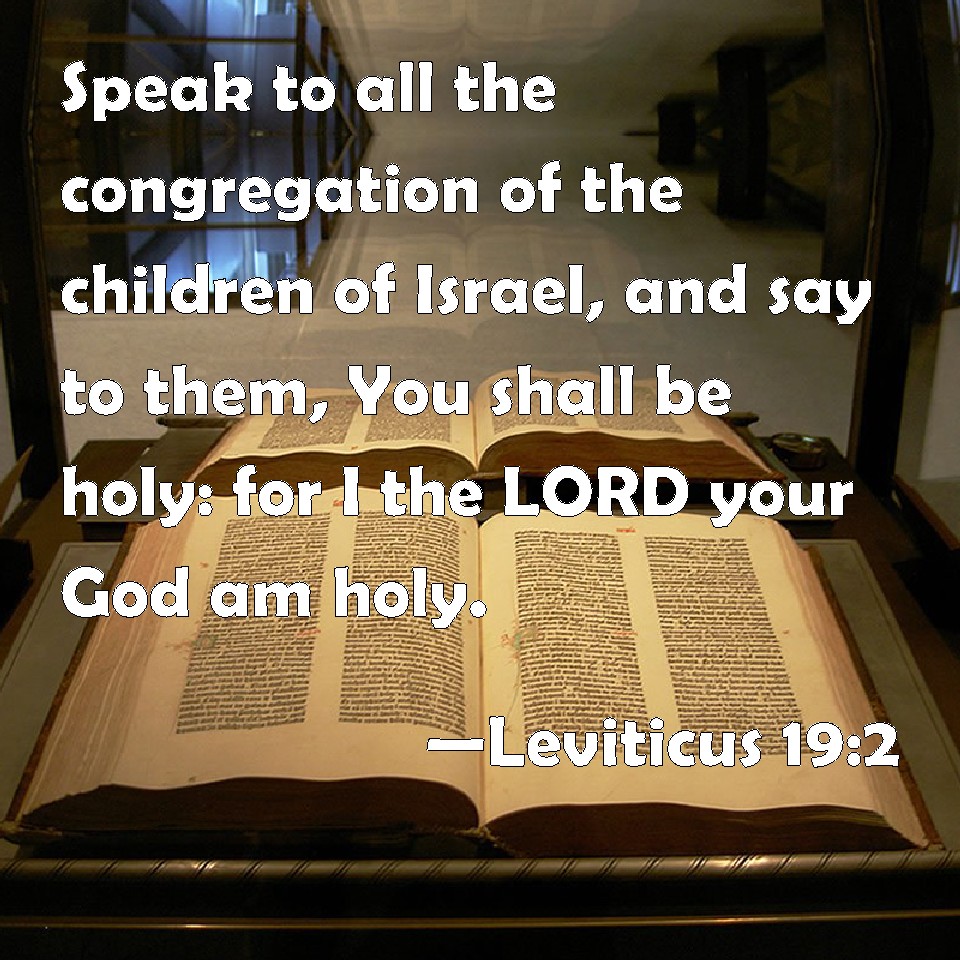Parshat Kedoshim – “The Meaning
of Holiness:” People don’t like to hear
it much less think this way, but I tend to believe it is true that we should
expect life not to be particularly
easy or happy or fulfilling, at least such things shouldn’t be taken as the
norm. If we don’t expect ease and comfort,
we prepare ourselves to really enjoy and be grateful for all the good stuff
that does happen when nothing says we should have any at all.
In this week’s portion in which we
are told, “be holy for the Lord your God is holy” a similar question confronts
us in trying to understand what this says to us. Here we are, human beings, living our lives,
doing our thing, what does it mean to have to be holy? Holiness gets associated with synagogues and
prayer books and lots of prayers and things that aren’t “normal life.”
Perhaps, we would be better
served as thinking of ourselves and the world as all being holy, that holiness
is in fact the default setting, and that the interruptions are all the mundane
and seemingly “non-holy” things we fill our day with, and not the other way
around.
What would this vantage point show
us? Much like with our opening example
which would teach us to appreciate the good when it comes because we may end up
having a lot of bad, the “everything is holy” view would allow us to see the
real human connections, the real transcendent moments, the real presence of the
divine, in all moments and everything we do.
Everything would become more beautiful, more meaningful, more special,
more holy, in other words. Rather than
trying to squeeze enough holiness to sustain us from the occasional or even
frequent trip to synagogue, we could instead find it everywhere and at all times,
nourishing and fortifying our souls with that which makes life alive.
“Be holy” we are told – perhaps
we already are!

No comments:
Post a Comment